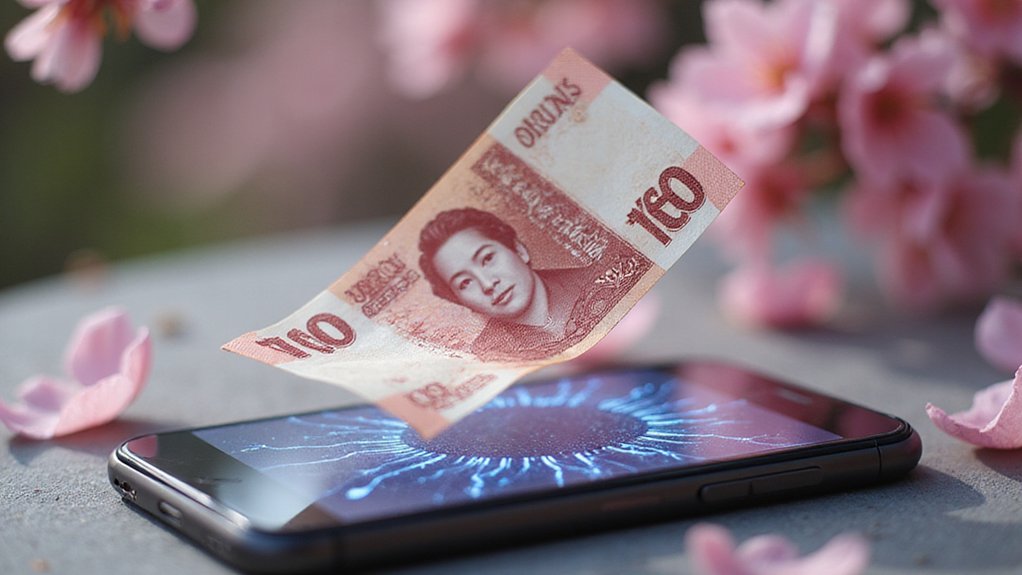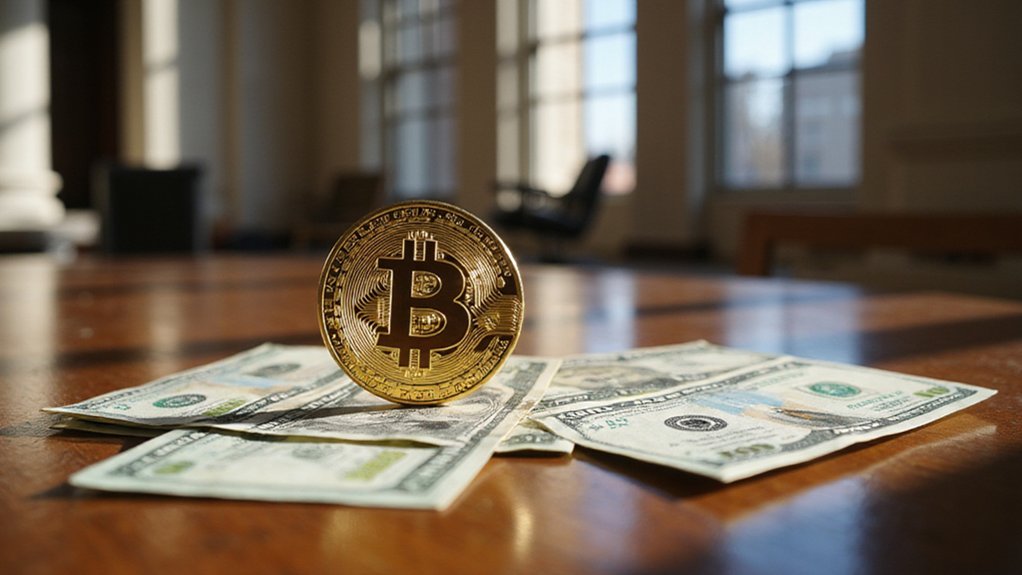In what may rank among the more spectacular political pivots of recent memory, Donald Trump has transformed from condemning bitcoin as a “fraudulent scheme” designed to undermine the dollar into perhaps the most crypto-enthusiastic president in American history. This metamorphosis—complete with personal tokens, family ventures, and executive orders—has positioned Trump not merely as crypto’s champion but as its primary beneficiary.
The January 23, 2025 executive order establishing a multi-agency working group under crypto advocate David Sacks represents more than regulatory reformation; it signals wholesale governmental embrace of digital assets. While rolling back Biden-era enforcement policies, Trump simultaneously coordinates SEC, CFTC, Treasury, Commerce, and Justice Department heads to create coherent crypto frameworks—a bureaucratic ballet that would have seemed implausible mere years ago. This shift toward regulatory clarity aligns with broader industry predictions of a more favorable environment for cryptocurrency growth in 2025.
A bureaucratic ballet transforming regulatory chaos into coherent crypto frameworks—what seemed implausible now signals wholesale governmental embrace of digital assets.
Yet Trump’s transformation transcends policy advocacy. His $TRUMP memecoin launch coinciding with his inauguration demonstrates remarkable political timing (or audacity), while his $57 million earnings from token sales linked to World Liberty Financial reveal crypto’s lucrative potential for political figures. Holding nearly 16 billion governance tokens, Trump has fundamentally tokenized his presidency—a development that raises fascinating questions about modern political finance.
The Trump family’s collective crypto engagement amplifies these dynamics. Eric and Donald Jr.’s multiple cryptocurrency projects create what ethics watchdogs diplomatically term “conflict of interest concerns”—though one might wonder whether traditional conflict frameworks adequately address a president whose personal wealth expands through the very industry he regulates.
Trump’s March 2025 Strategic Bitcoin Reserve initiative represents perhaps the most ambitious element of this crypto pivot. Establishing a national digital asset stockpile positions America as blockchain infrastructure’s governmental pioneer, though it also guarantees Trump’s personal holdings appreciate alongside national reserves—a convergence of public policy and private gain that would make previous generations of political scientists reach for their ethical guidelines. The working group must deliver its comprehensive regulatory framework recommendations within 180 days, marking a decisive timeline for America’s crypto future. Trump Media & Technology Group’s plans to raise $2.5 billion for bitcoin purchases further demonstrate the unprecedented scale of this crypto integration.
The exclusive investor galas at Trump’s Virginia golf club, featuring top memecoin backers, underscore how thoroughly crypto has permeated Trump’s political ecosystem. From fraudulent scheme to presidential priority, Trump’s crypto evolution illustrates how rapidly political orthodoxies can shift—particularly when personal financial incentives align with policy positions.









